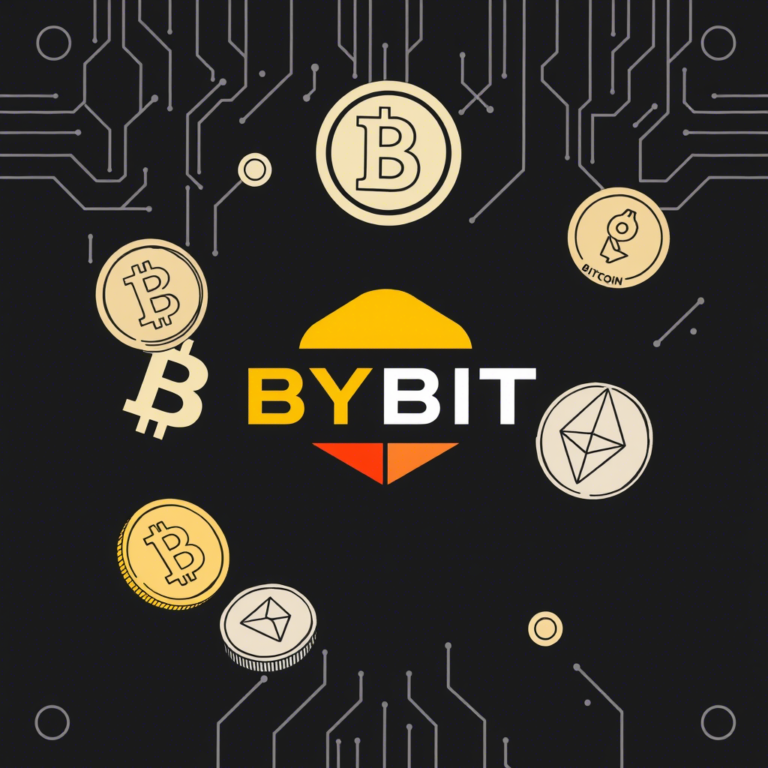Hook: The Biggest Crypto Heist Just Got Worse
Imagine losing $1.4 billion in crypto overnight. Now imagine watching hackers launder it right in front of you, and there’s nothing you can do. That’s exactly what’s happening to Bybit, one of the world’s largest crypto exchanges. Hackers stole a massive fortune, and now 20% of it has vanished into thin air—completely untraceable. The worst part? They’re using Bitcoin and DeFi tools to cover their tracks.
But this isn’t just a robbery—it’s a game-changing moment for crypto security, regulation, and the future of decentralized finance (DeFi).
What Happened?
- The Heist
- On Feb. 21, Bybit was hacked, losing 400,000 ETH (Ethereum) and 113,000 ETH-related tokens—totaling a shocking $1.4 billion.
- The hack was blamed on North Korea’s Lazarus Group, a notorious cybercriminal organization.
- Biggest hack ever on a centralized crypto exchange.
- The Recovery Effort
- 77% of the stolen funds are still traceable, meaning there’s a chance to recover them.
- 3% has already been frozen—a small victory, but nowhere near enough.
- Bybit CEO Ben Zhou says there’s a two-week window to freeze as much as possible before the money disappears.
- The Missing 20%
- Around 16% of the stolen ETH (~79,655 ETH) was funneled through a non-KYC exchange called “eXch” and is now untraceable.
- Another $100 million went through OKX Web3, and $65 million of that is missing—still waiting for updates.
- Total “gone dark” funds: $280 million.
How Hackers Are Laundering the Money
- Converting ETH to Bitcoin
- 83% of the stolen ETH has already been converted into Bitcoin.
- It’s been spread across 6,954 different wallets to make tracking harder.
- Using THORChain (A Cross-Chain Tool)
- 72% of the stolen funds were swapped through THORChain, a decentralized protocol that lets users swap between different blockchains without KYC (identity checks).
- This makes it extremely hard for authorities to stop the hackers.
- Hiding in DeFi
- Unlike centralized exchanges that can freeze assets, DeFi (Decentralized Finance) tools like THORChain can’t stop illegal activity easily.
- THORChain saw a record $4.67 billion in trading volume last week—possibly inflated by the hackers laundering money.
Why This Matters: The Future of Crypto Is at Stake
1. Decentralization vs. Crime
This hack has reignited the biggest debate in crypto: Should decentralized platforms stay truly permissionless (where anyone can trade freely) even if criminals use them?
- One of THORChain’s key developers, TCB, quit because he saw the protocol being used for the “biggest money heist in history.”
- THORChain is now debating whether to temporarily block ETH transactions to prevent more laundering.
- Meanwhile, another DeFi exchange, Chainflip, immediately shut down after detecting hacker activity.
2. Regulation Is Coming—Fast
This hack proves that crypto isn’t lawless anymore. Regulators worldwide are watching closely, and this could lead to:
- Stricter rules on DeFi protocols.
- More pressure on KYC (Know Your Customer) laws, making anonymous trading harder.
- Greater government intervention in crypto security.
3. Hackers Are Winning—For Now
- North Korea’s Lazarus Group has stolen over $3 billion in crypto over the years, funding the country’s nuclear programs.
- If DeFi remains fully open, hackers will keep exploiting it.
- If DeFi is forced to add regulations, it could kill its original purpose—true financial freedom.
Key Words to Remember
- Lazarus Group – The North Korean hacker group behind this attack.
- THORChain – A decentralized cross-chain liquidity protocol used to launder stolen funds.
- KYC (Know Your Customer) – Identity verification rules for crypto users, often bypassed in DeFi.
- Cross-chain swapping – Moving funds between different blockchains without centralized control.
- Centralized vs. Decentralized – The ongoing battle between regulated exchanges and permissionless DeFi tools.
What’s Next?
The next two weeks will determine how much of the $1.4 billion Bybit can recover. If the stolen funds keep disappearing, it will be a wake-up call for the entire crypto industry. This case could change how DeFi works forever, forcing even the most decentralized platforms to consider blocking bad actors.
So, will DeFi stay true to its ideals, or will it have to compromise? That’s the billion-dollar question.



